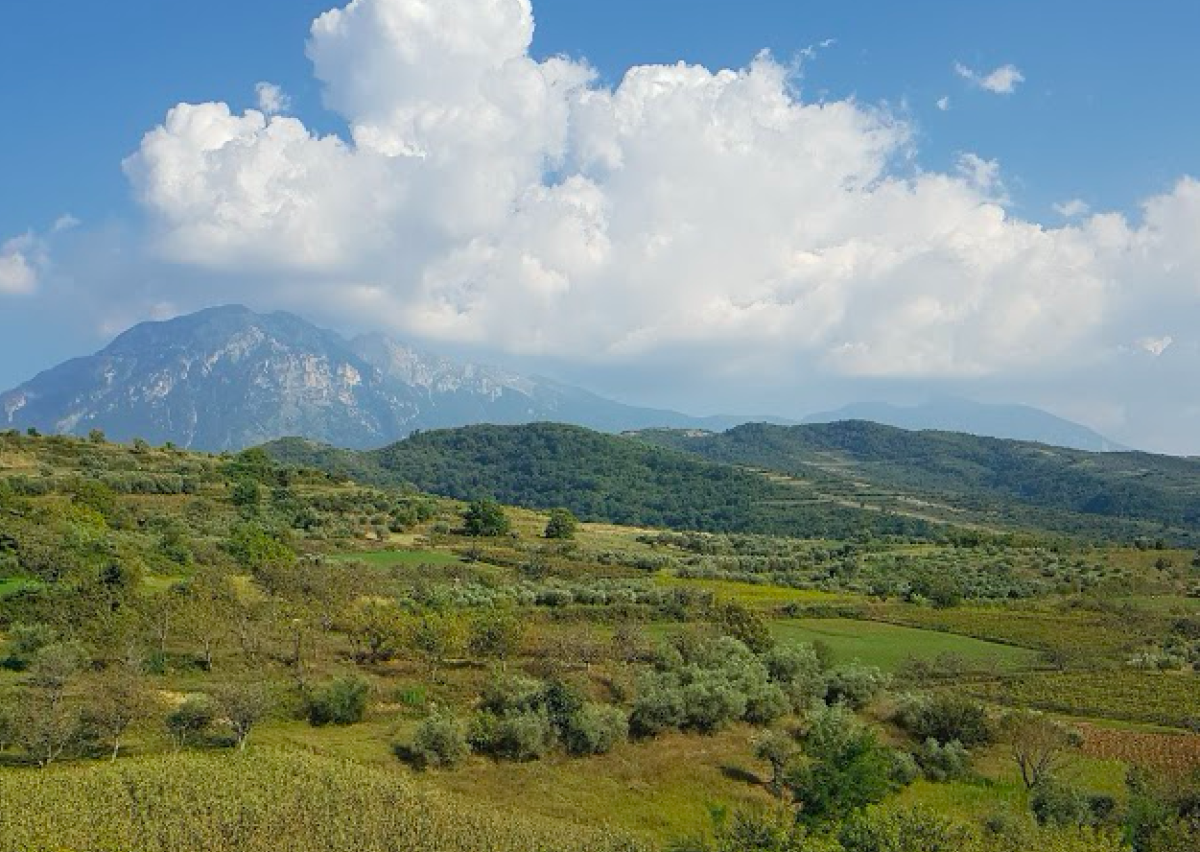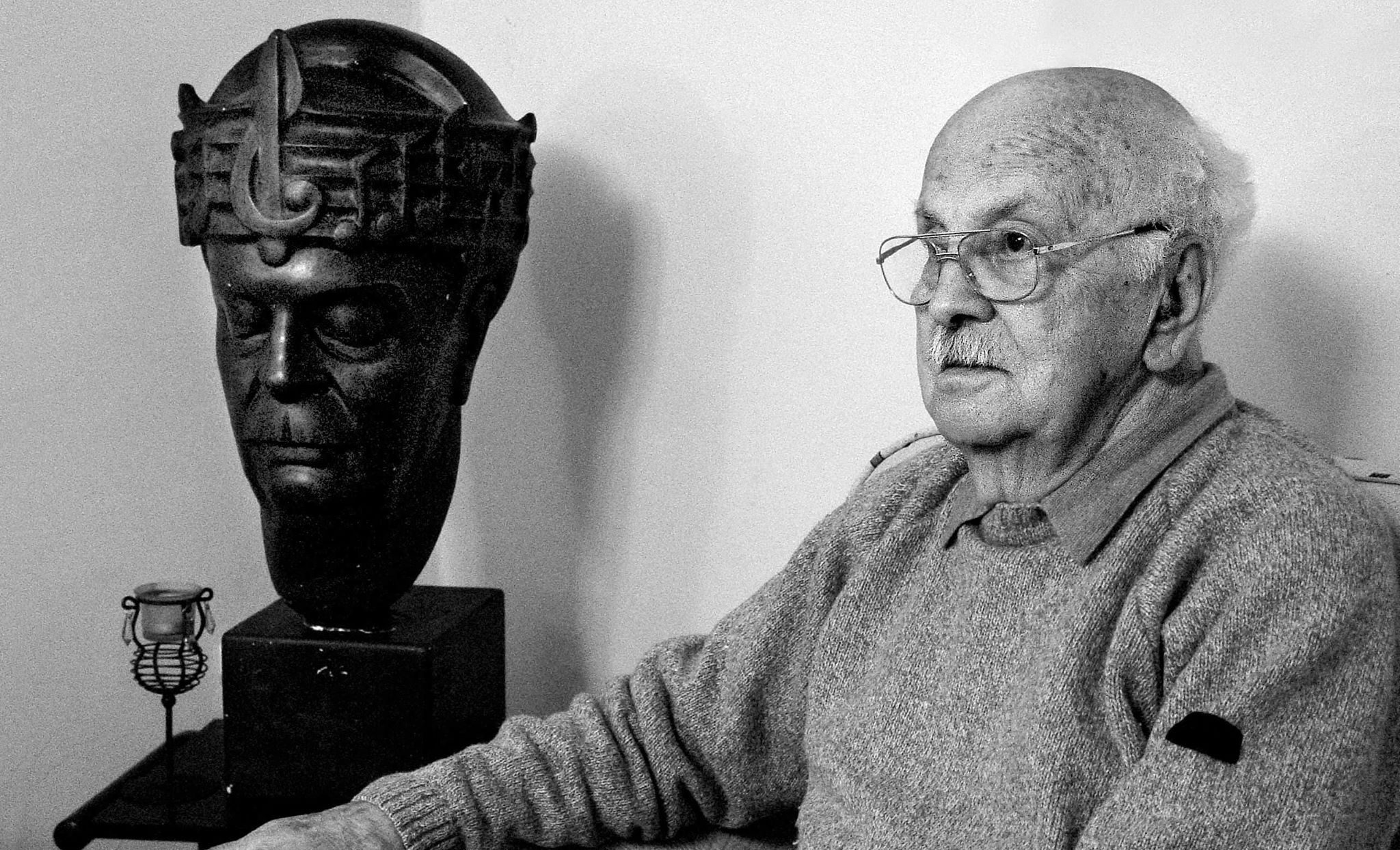When it comes to kings that have left their mark in history; some have been killed, some are removed from the throne by force, some choose to abdicate, and others are forced to flee into exile with their families. Some, however, are forced to deal with extreme humiliation, much like Prince William 1st of Albania.
No, I had not heard of him either, but he was the country’s first king and was crowned as such in February 1914.
At that time, the threat of war was looming across Europe and ‘Great Powers’; Austria-Hungary, Russia, France, Britain, Germany and Italy were hoping to avoid conflict in the Balkans by supporting the independent state of Albania, as the Ottoman Empire collapsed around it. But it was deemed impossible that such a state could exist without a king to rule over it, but instead of looking for an Albanian to fill the position, they soured the royal households of Europe instead.
After much debate and deliberation, a relatively unknown German royal was plucked from obscurity and suggested as a prime candidate for the newly created Albanian throne, putting more than a few Albanian noses out of joint in the process. Prince William Frederick Henry of Wied, his moustache, and his wife and two children departed for Albania, and his Irish private secretary, Duncan Heaton-Armstrong came along with him Fluent in several European languages as well as an Irish Protestant (therefore neutral in terms of religion in the Balkans), he seemed like the perfect man for the job, and him, the King, and his family set up home in a palace in Durres.
Things seemed to go well at first- the new king and his family were happy with the food and climate, and the new king kept himself busy by awarding medals left, right, and centre to local people. He also appointed the first Albanian cabinet including Turhan Pasha Permeti, Essad Pasha Toptani, Gjergj Adhamidhi bej Frasheri, and Aziz Pasha Vrioni amongst it. Heaton-Armstrong considered the local tribal leaders as gentlemen, despite their somewhat ”bloodthirsty” appearance.
“Albanians are very chivalrous and would hesitate to murder a man in the presence of his wife,” he said.
But this tranquil mood was sadly not to continue. As time passed, blood feuds and fighting between the locals had rather an impact on royal life. The (at the time) Muslim majority was not too pleased to have a foreign, Christian king thrust upon them and due to the growing tensions, the King began to barricade himself into his palace. This, coupled with his struggle to understand the language and culture, resulted in him becoming quickly disillusioned with Albanian life. Even the multi-lingual Heaton-Armstrong commented that the language was “quite impossible” and unlike anything he had ever encountered.
As tensions continued to grow, Heaton-Armstrong brought in his brother, a former soldier called Jack, to help deal with the peksy insurgents. A group of Germans, Italians, British, and Dutch soldiers were involved in fighting The Albanians and eventually sinking the Albanian Navy’s only ship.
By this time, the rest of Europe was losing its enthusiasm for Albania’s new monarch and as the end of 1914 drew to an end, their focus was shifted away from diplomacy and onto the matter of impending war. The final straw came when King William was asked to provide Albanian troops to fight in the war, but he refused citing Albania’s neutrality in the Treaty of London- his remuneration was cut off, meaning he had little possibility of funding his seat on the throne. The Albanian court became more and more isolated, the Albanian locals became less and less tolerant, and with money fast running out, it seemed that the Kings days were numbered. The English butler that had come along for the experience, even described how the sound of gunfire was interfering with dinner times.
Then in August 1914, Heaton-Armstrong left Albania to escort the two royal children back to Germany. Despite having all of his papers in order, he was arrested in Munich and is widely believed to be the first prisoner of WWI. He was swapped in a prisoner exchange before running a POW camp for Italians in England in WWII.
But what happened to poor old King Willam? He ran away from Albania with his royal tail between his legs at the end of September 1914 after reigning for a grand total of six months. Despite not setting foot in Albania after that date, his reign did not officially end until the 31stof January 1925 when Albania became a Republic. Up until he died 30 years later, William was adamant that one day he would return to take his Balkan throne, but sadly this was not to be.
In 1928, an Albanian clan chief, Ahmed bey Zogu proclaimed himself King Zog of Albania. This was also to be a doomed attempt at monarchy as after the Second World War, the reign of Enver Hoxha and communism started.
I guess the moral of the story is, don’t mess with Albanians.
Follow The Balkanista!




